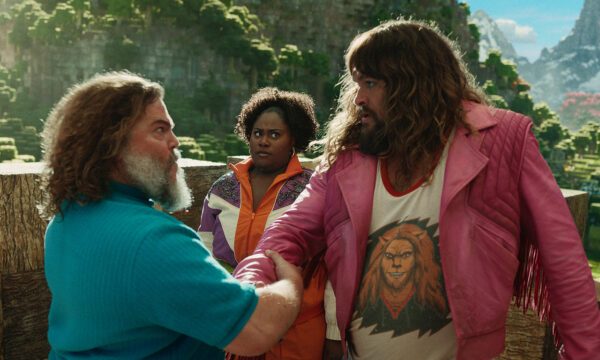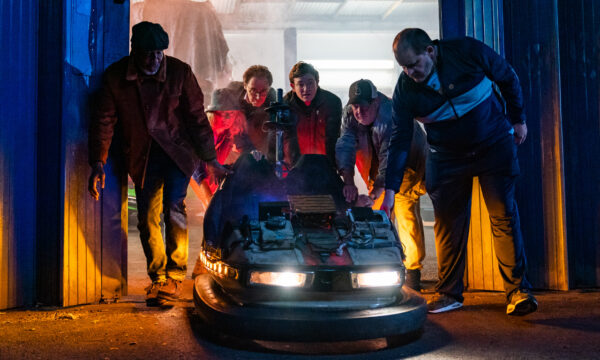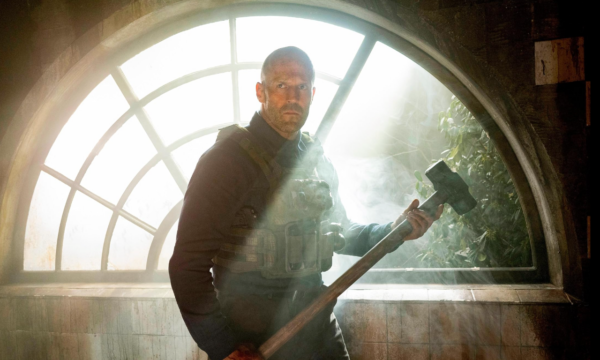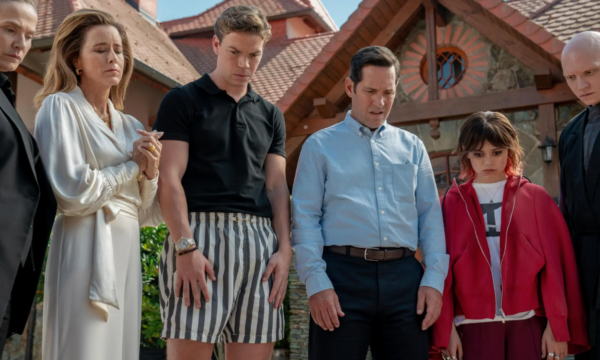Woody Allen: A Documentary

Director Robert B. Weide (previously known for documentaries on Lenny Bruce and W.C. Fields, and producing Larry David’s Curb Your Enthusiasm) brings his retrospective of the life and work of Woody Allen to the big screen. A blend of talking heads (including Allen himself) – with archive footage and film clips – provides the basis for a depiction of the many different sides of this complex character.
We meet the young bookish Allan Konigsberg (as he was still known then), a Brooklyn schoolboy sending jokes to magazines and newspapers, while Allen himself revisits his childhood neighbourhood for the film. We hear about the beginnings of the reluctant stand-up comedian, at times needing to be physically forced to take to stage, before he became a household name in America through TV chat show appearances. Martin Scorsese, no less, pops up to extol Allen’s courage as a director, particularly for his post-Annie Hall evolution, veering away from his safe ground of broad humour to more ambitious fare, dealing with adult themes. Friends, family, critics and cast members alike share anecdotes about the man, his working methods, and his romances with his actresses/muses. Allen himself is for the most part an open interview subject, if a little too self-deprecating to give a serious evaluation of his work.
Unsurprisingly, when the subject of his acrimonious break-up with Mia Farrow (who naturally is the most notable absentee here), and his affair with their adopted daughter Soon-Yi Previn is inevitably approached, there is no comment from Allen. This documentary’s most glaring omission is its inability to explore this episode’s impact on his films, which cannot be neglected for a director so dependent on his personal life and experiences for source material.
Nor does Allen, notoriously loath towards public self-introspection (he famously claimed to never watch his own films), offer any discussion of his recurring themes, the big philosophical questions he loved to tackle in the manner of his idols Bergman and Fellini. This is left instead to the other interviewees, who make vague remarks such as labelling Allen the “comic version of Albert Camus”. This is symptomatic of the film’s tribute-like tone, closing with an optimistic epilogue showing the indefatigable Allen enjoying unexpected box office success in his autumn years, thanks to Midnight in Paris.
For those new to – or who had forgotten – how great Allen’s cinema is at its best, this pleasant enough portrait is everything you always wanted to know about Woody Allen, but were afraid to ask. Aficionados will certainly find much to appreciate, though won’t learn much they didn’t already know. However, those seeking a slightly more analytical insight into this auteur, who is quite unique in the canon of contemporary American cinema, will have to look elsewhere.
Jean-Baptiste de Vaulx
Woody Allen: A Documentary is released in select cinemas on 8th June 2012.





















Facebook
Twitter
Instagram
YouTube
RSS